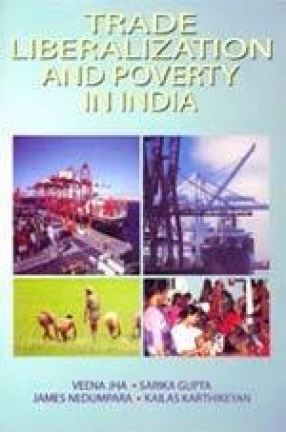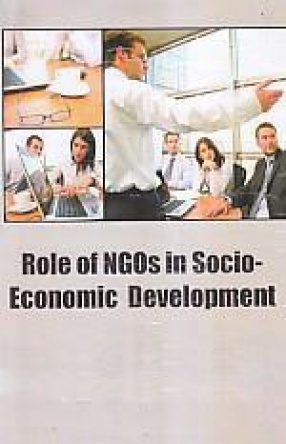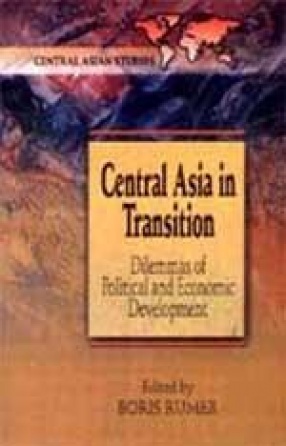This book has been brought out under the aegis of the ‘Project Strategies and Preparedness for Trade and Globalization in India’, which UNCTAD has been implementing since March 2003. The Ministry of Commerce, Government of India, is a co-partner of the Project, which is being supported by the Department for International Development (DFID), Government of UK. The Project has two main Inter-related components. The first component seeks to assist Indian trade negotiators, policymakers and other stakeholders in enhancing an understanding of the development dimension of key trade issues. The second component seeks to strengthen human and institutional capacities, as well as a policy environment that will support and sustain a more equitable process of globalization. The Project seeks to build institutional and human resource capacities so as to gain from globalization: to mitigate its negative effect as well as influence the planning and policy making processes. Trade Liberalization and Poverty in India attempts to capture the current dialogue on trade liberalization and poverty, and provides an overview of the poverty impact of trade liberalization in India. The impact of trade liberalization on poverty at the sectoral level is measured through various economic parameters, for instance, wage and employment effets, the book also examines indirect effect, the book also examines indirect effects of trade on poverty. It has also indicated areas were India’s competitive cost advantages are likely to be eroded in the future, thus point to dynamic and emerging sectors where India’s export strategy may focus. The book has also attempted to map a wide spectrum of issues included as part of negotiations and study programme under the Doha Development Agenda, and discusses how possible negotiating outcomes could affect poverty in particular cases. The book has highlighted the role of liberalization in agriculture and services as key to poverty alleviation in India. By adopting a poverty-centred approach to poverty, the book points to different schemes for liberalization that have the maximum potential for poverty reduction. This book is intended to provide comprehensive information to trade negotiators and policymakers, stakeholders and other poverty analysts in understanding the impact, both static and dynamic, of trade liberalization and its implications for poverty in India. The focus of the book on the specific issues under the Doha Round of Trade Negotiations makes it uniquely topical.
The Children of the Immortal: A Quest Into the Hindu Identity
The book, exploring Hindu ...
$24.30
$27.00





There are no reviews yet.